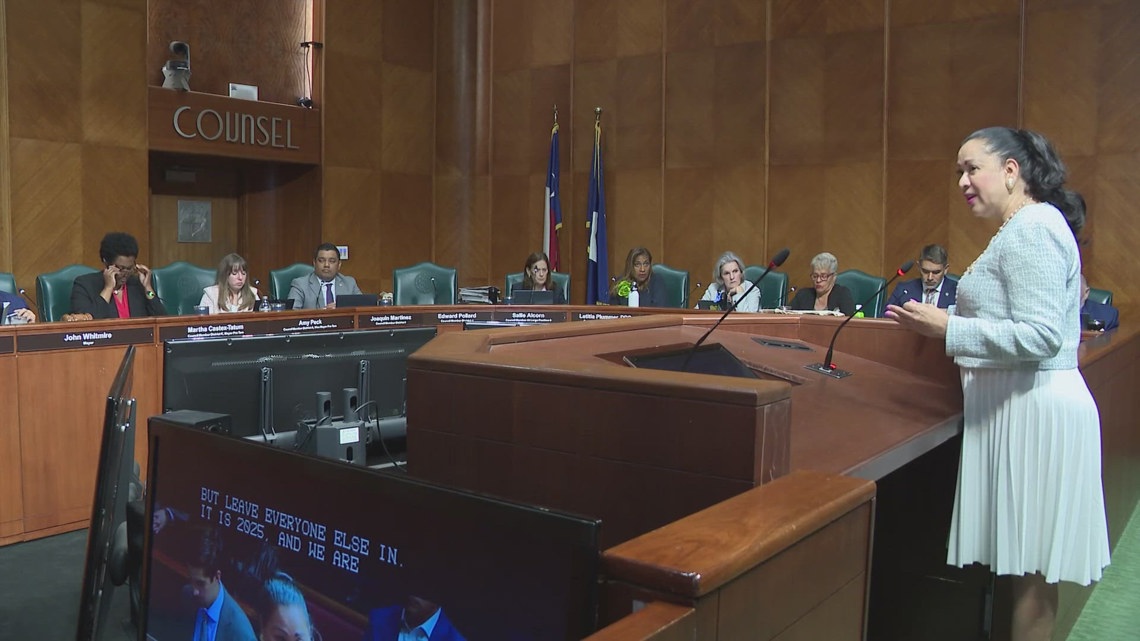Minority Business Program Faces Crossroads: Council's High-Stakes Vote Amid Legal Showdown

Houston's City Council is set to tackle critical reforms to its Minority and Women-owned Business Enterprise (MWBE) program, responding to mounting legal challenges and public scrutiny. The proposed changes come after years of criticism about the program's effectiveness and equity in awarding city contracts.
At the heart of the discussion are longstanding concerns about how minority and women-owned businesses are currently supported and integrated into Houston's municipal contracting landscape. Community leaders and legal advocates have been pushing for comprehensive reforms that would create more meaningful opportunities for underrepresented business owners.
The upcoming council vote represents a pivotal moment for the city's commitment to economic inclusion. Proposed modifications aim to address systemic barriers that have historically prevented minority and women-owned businesses from accessing lucrative city contracts. These potential changes could significantly reshape how Houston approaches procurement and business development.
Stakeholders from various community groups are closely watching the proceedings, hoping the reforms will translate into real, tangible opportunities for marginalized business owners. The vote is expected to spark intense debate about economic equity, representation, and the city's responsibility to support diverse entrepreneurship.
As Houston stands at this critical juncture, the MWBE program reforms could set a precedent for how major cities approach inclusive economic development in the 21st century.
